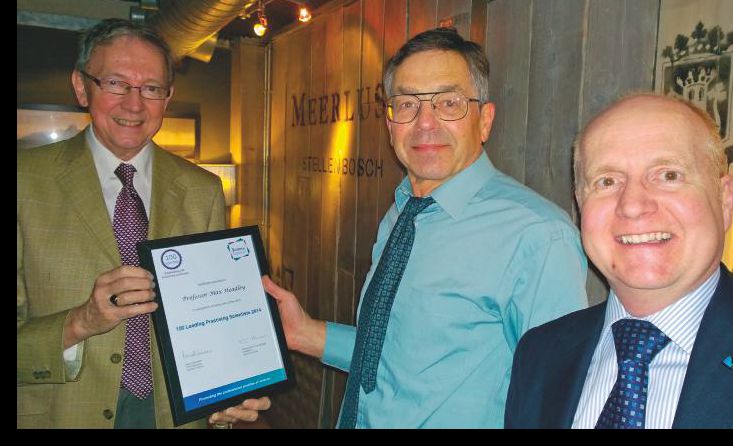
Physiology News Magazine
News from the Publications Committee
News and Views
News from the Publications Committee
News and Views
Roger Thomas
Editor, Physiology News
https://doi.org/10.36866/pn.99.9
PubComm, as it is known, met in April 2015 in Hodgkin Huxley House, chaired by Prem Kumar. After the usual approval of minutes etc, we carefully went through the ‘Action Points’ of the last meeting 6 months ago. Terms of reference were amended to address the change of PN editor and it was noted that more significant changes in terms of reference and voting rights had to be approved by Council. We then spent most of the time discussing The Society’s two main publications, The Journal of Physiology and Experimental Physiology. Key Performance Indicators, referred to as KPI, were reported as steady in most areas. This led to a discussion about the effectiveness of ‘web crawler’ blocking by the data collectors. As I understood it downloads by computer programs (crawlers) seeking to corrupt advertiser feedback may also corrupt our journal data. The Editors considered how best to ensure that the Journals were well positioned to accommodate the anticipated increased submissions that would arise from increased activity in and quality of Chinese physiological research. Greater engagement with China through, for example, webinars was discussed.
After a brief discussion of Physiology News under my editorship, there was a very interesting presentation by Paul McLoughlin on future policy for reporting study design and statistical analysis. Apparently funding agencies and pharmaceutical companies are becoming worried about the lack of reproducibility of too much basic research. There was a major risk to credibility. To help address this authors needed to make clear whether the work they were describing was exploratory, needing little or no statistics, or hypothesis testing, needing large numbers. The Committee discussed a scheme introduced by Nature (see the 17 April issue) that imposes a new MS submission form requiring authors to answer specific questions about design and statistics by reference to text from their MS. Such an approach would minimise the burden for editorial staff and reviewers. PubComm generally supported this approach, suitably modified for physiological journals and Editorial Boards would consider how to approach the need for more rigour. We then discussed the need and purpose for Society monographs before deciding not to reintroduce them. The Committee also reported on the closure of development of an e-learning resource and noted that such developments were most likely better placed within the remit of the Education and Outreach Committee. The meeting lasted 3 and a half hours.
Both The Society’s and the Wellcome Library’s own collections of PS monographs are both far from complete. Members might like to consider lightening their shelves if they can offer certain numbers.)

